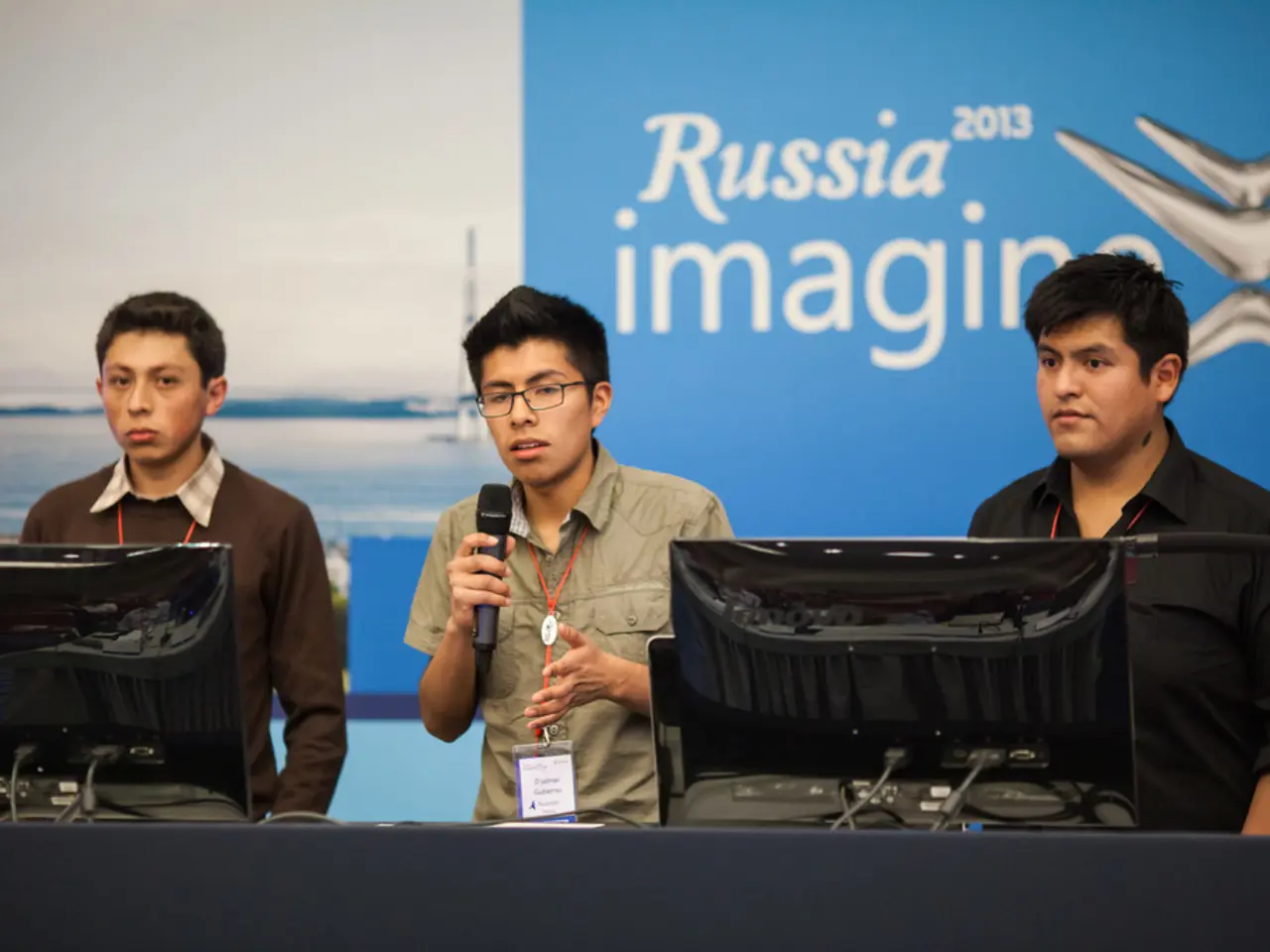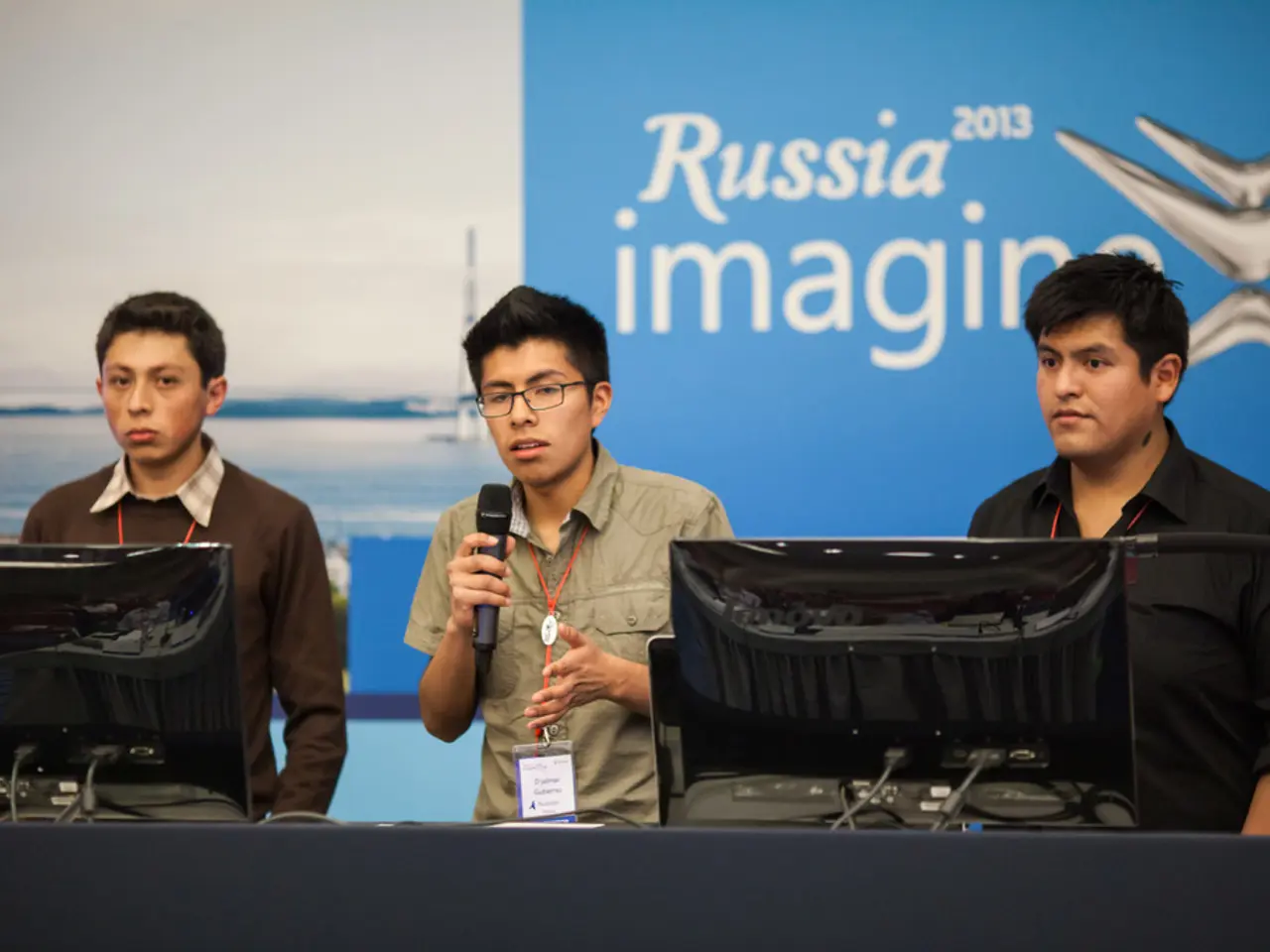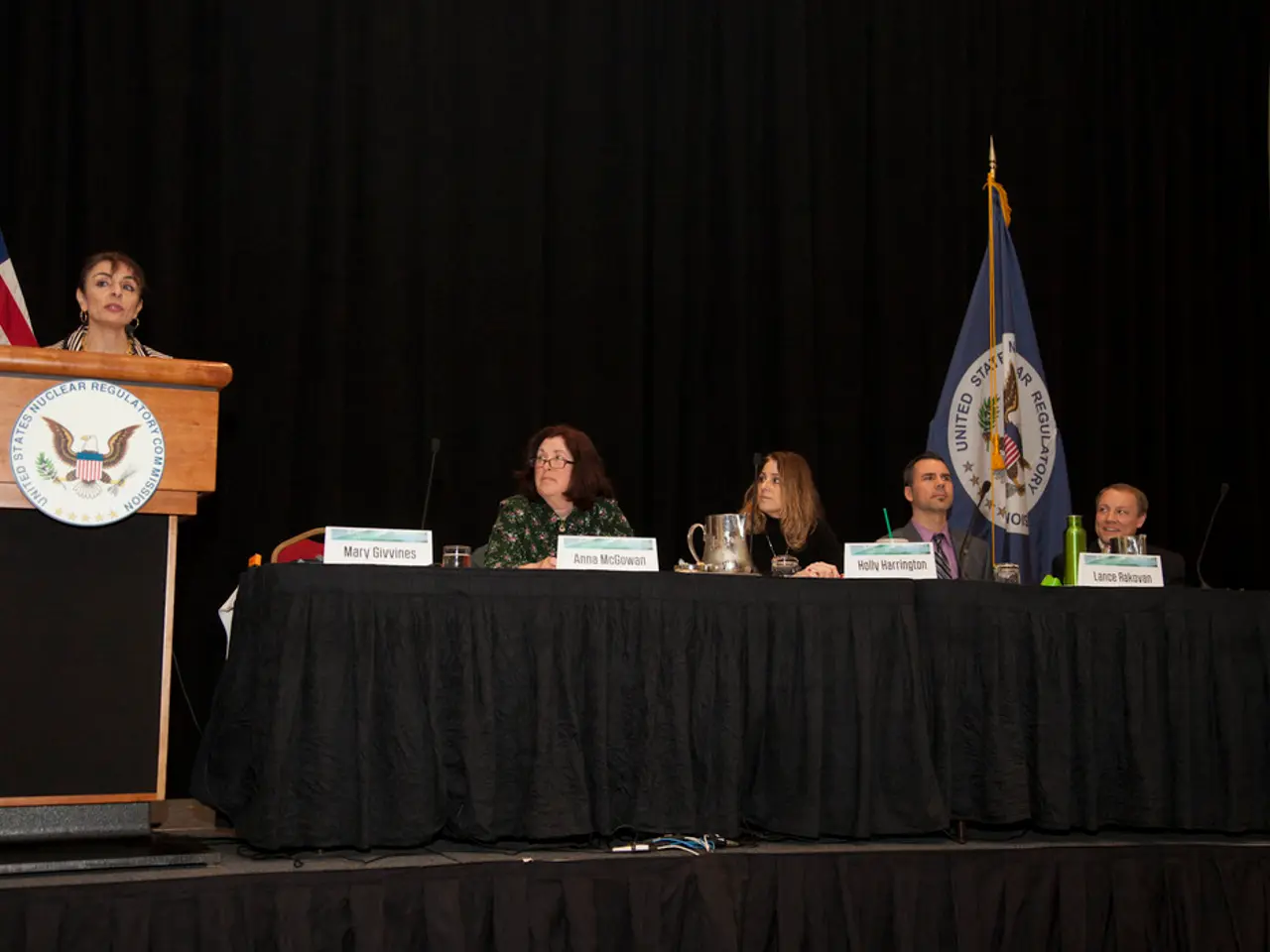Increase in Schengen visas for Russians despite ongoing Ukraine conflict
In the wake of the ongoing conflict between Ukraine and Russia, the number of Schengen visas issued to Russian citizens has significantly increased. This trend was particularly noticeable in 2024, when over 552,000 visas were issued, marking a 9% rise compared to the previous period [1].
This growth in visa issuance has raised concerns among Ukrainian officials and some Eastern European countries, who view the surge in Russian tourists as a potential security risk. The return of Russian tourists to key destinations such as France, Italy, and Spain, despite these countries imposing sanctions on Russia and supporting Ukraine diplomatically and militarily, fuels worries about possible intelligence or security threats associated with the influx [2].
The increase in visa applications from Russian nationals has been partly linked to the war situation [4]. However, it's important to note that the number of other residence titles for Russian citizens has been decreasing, particularly in the areas of family reunification and visas for employment, study, or school attendance [3].
The Ukrainian Ambassador to the EU, Vsevolod Chentsov, has warned about the potential use of Schengen visas for hybrid warfare in Europe by agents disguised as travelers [5]. Meanwhile, several European states had previously called for a Schengen ban on all Russians who fought against Ukraine [6].
Despite the ongoing concerns, there are no special visa restrictions for people from Russia. However, the EU suspended a visa facilitation agreement with Russia in 2022 [7]. The Czech Foreign Minister, Jan Lipavský, has called for a unified European approach to the issue, citing both moral and security reasons [8].
Existing EU sanctions and limited direct flights between Russia and the European Union continue to make entry difficult for Russian travelers. Nevertheless, the ongoing war in Ukraine has not deterred more people from Russia from traveling to Europe, including Germany [9].
As the number of Schengen visas issued to Russian citizens continues to rise, the debate among European states about whether to distinguish between the Kremlin and the Russian population remains ongoing [10]. The future implications of this trend, both for European security and the geopolitical landscape, are yet to be fully understood.
References:
- The Kyiv Independent
- Reuters
- France 24
- Intelligence sources
- The Kyiv Independent
- The Kyiv Independent
- EU Observer
- Czech News Agency
- Deutsche Welle
- EU Observer
- The ongoing rise in the number of Schengen visas issued to Russian citizens has ignited a debate among European states regarding their policy-and-legislation towards politics with Russia, as it pertains to both general-news and security concerns.
- The surge in Schengen visa applications from Russian citizens, despite ongoing conflicts and European sanctions, and the subsequent increase in their issuance, necessitate careful consideration in the realm of policy-and-legislation, especially considering potential security risks and implications for European security and the geopolitical landscape.






